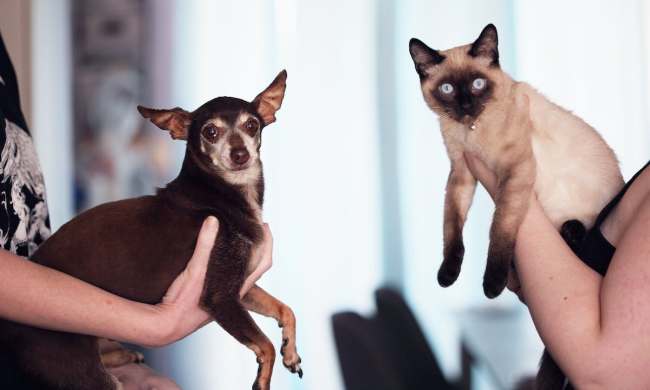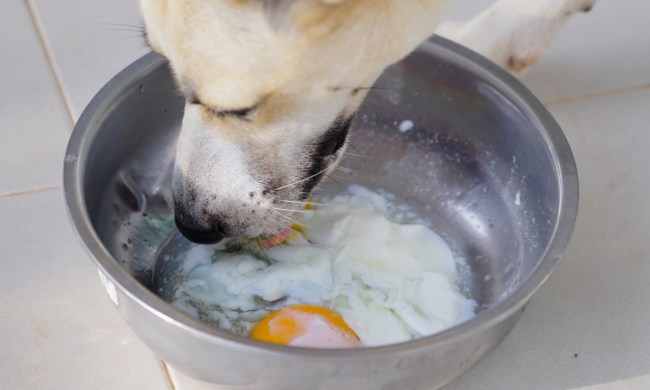From stomach viruses to food poisoning, we’re all uncomfortably familiar with gastrointestinal upset. But what happens when your dog experiences bouts of vomiting and diarrhea? While your pooch might simply have eaten something that doesn’t agree with him, it’s also possible that your dog could be suffering from something more serious than a minor case of tummy troubles. Your dog could have enteritis, a potentially life-threatening illness. We’re here to tell you everything you need to know about enteritis in dogs – from its potential causes to what you can do to help your pup recover from his illness.
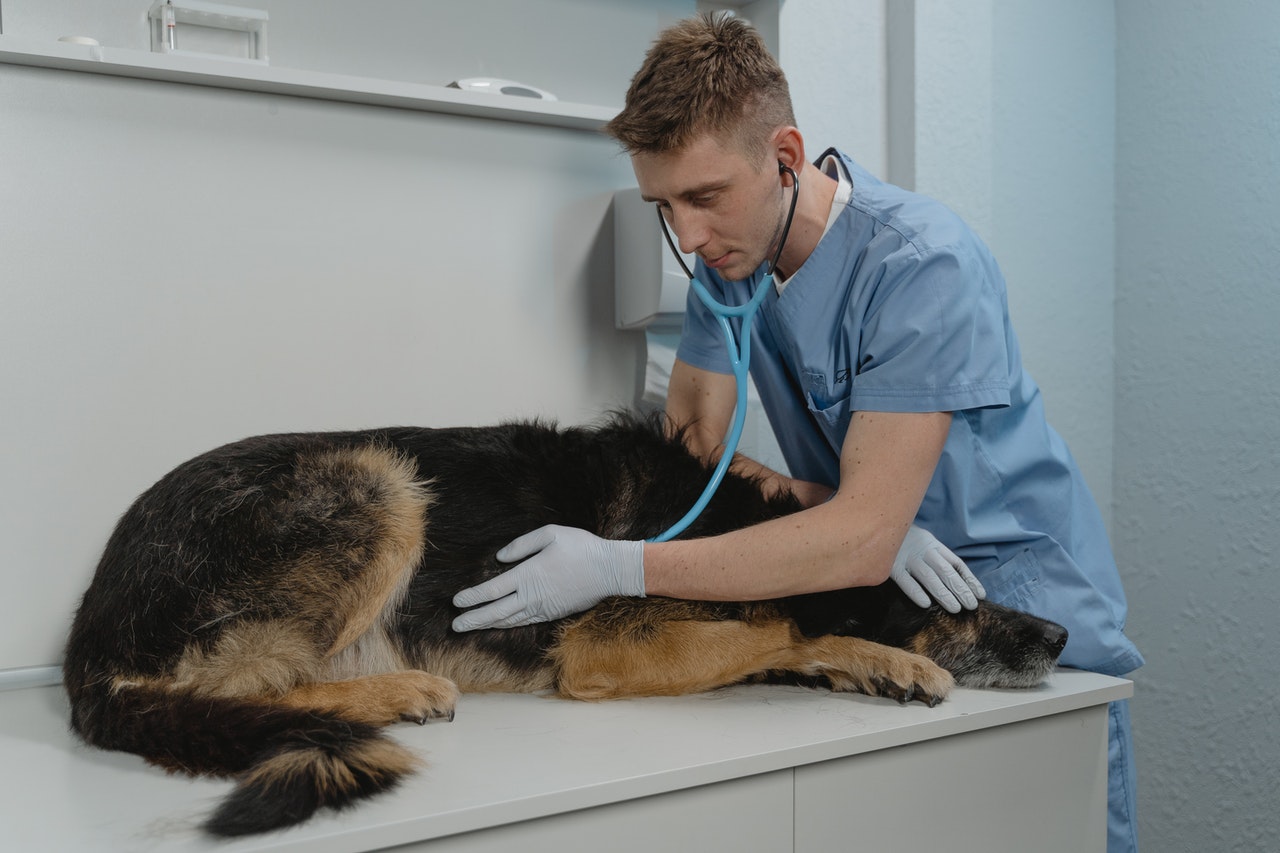
What is enteritis?
According to Pet Health Network, enteritis is “an inflammation of the small intestine and is caused by a wide range of potential problems. Parasites, bacteria, viruses, or allergies can all inflame the small intestines of your dog, causing diarrhea. An obstruction in the digestive tract can also trigger enteritis…” Although they sound very similar, enteritis and gastroenteritis are not the same. Enteritis only involves the small intestine, while gastroenteritis is an inflammation of the stomach and the intestine. Diarrhea is the primary symptom of enteritis, though your dog may also experience one or more of the following:
- lethargy
- nausea
- vomiting
- weight loss
- dehydration
- anemia
- bloody stool
- tarry stool
- abdominal pain
- restlessness
The sooner your dog receives treatment for enteritis, the better his prognosis. If your pup’s enteritis is the result of an intestinal blockage caused by narrowing of the intestine or ingestion of a foreign object, your dog may require immediate surgery to resolve the obstruction. Because dogs suffering from enteritis easily become dehydrated, taking your pooch to the vet as quickly as possible is vitally important. Your vet will be able to treat dehydration – and replenish essential electrolytes – with IV fluids. If nausea and vomiting are present, an antiemetic may be administered to alleviate the symptoms.
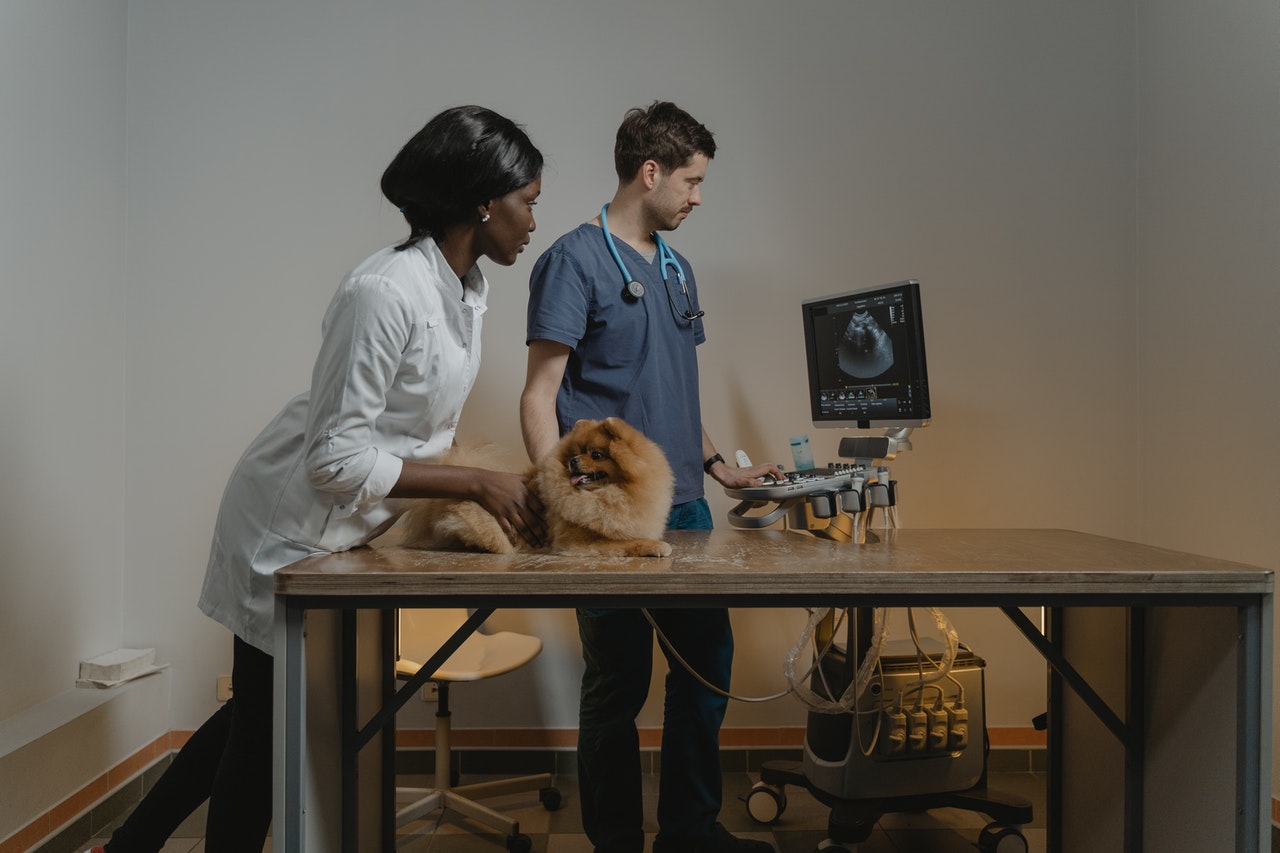
Types of enteritis
Different types of enteritis cause different symptoms and require different treatments. Let’s take a look at the various forms of enteritis.
Acute enteritis
Often caused by ingestion of toxins, bacteria like E. coli, and parvovirus, acute enteritis requires immediate treatment. Dogs typically exhibit symptoms of lethargy, fever, explosive diarrhea, and vomiting. If possible, collect stool and vomit samples before taking your dog to the vet, as this can help them determine the cause of enteritis and devise an appropriate treatment plan.
Eosinophilic enteritis
Although rare, some dogs develop an unusual form of inflammatory disease known as eosinophilic enteritis. Eosinophils are a type of white blood cell released by the immune system to combat infections. In cases of parasitic infections or food allergies, your dog’s blood work will show a drastic increase in eosinophils. Anti-inflammatory drugs like corticosteroids, as well as a hypoallergenic diet, may be recommended to treat eosinophilic enteritis.
Lymphocytic plasmocytic enteritis
The most common canine form of inflammatory bowel disease (IBD), lymphocytic plasmocytic enteritis, is frequently caused by food allergies or Giardia, a parasitic infection caused by the Giardia duodenalis – also called G. intestinalis or G. lambila – parasite. Dewormers, IV fluids, and medicated shampoo to treat any lingering parasites left behind by loose stool is the most common treatment protocol for Giardia.
How to treat enteritis
In some cases, enteritis might come on suddenly and resolve itself just as suddenly. However, if your dog suffers from diarrhea or vomiting for longer than 48 hours, it’s time to go to the vet. You should also take your dog to the vet immediately if he seems disoriented, lethargic, or passes large amounts of blood in his stool. If possible, bring a stool or vomit sample to the vet with you. Never give your dog human medications like Pepto Bismol or Imodium without consulting your veterinarian first, as they can mask your dog’s symptoms, preventing the vet from properly diagnosing his condition.
Your vet will also perform a physical exam and diagnostic tests to determine the cause of your dog’s symptoms. Antibiotics are used to treat bacterial infections, while parasitic infections require deworming treatments. In many cases, supportive care, such as antiemetics, anti-diarrheal drugs, antacids, and IV fluids will be administered to help alleviate your dog’s symptoms and balance his electrolytes. Your dog may be sent home on a bland diet and oral medications, or he may require a longer stay for continued treatment.
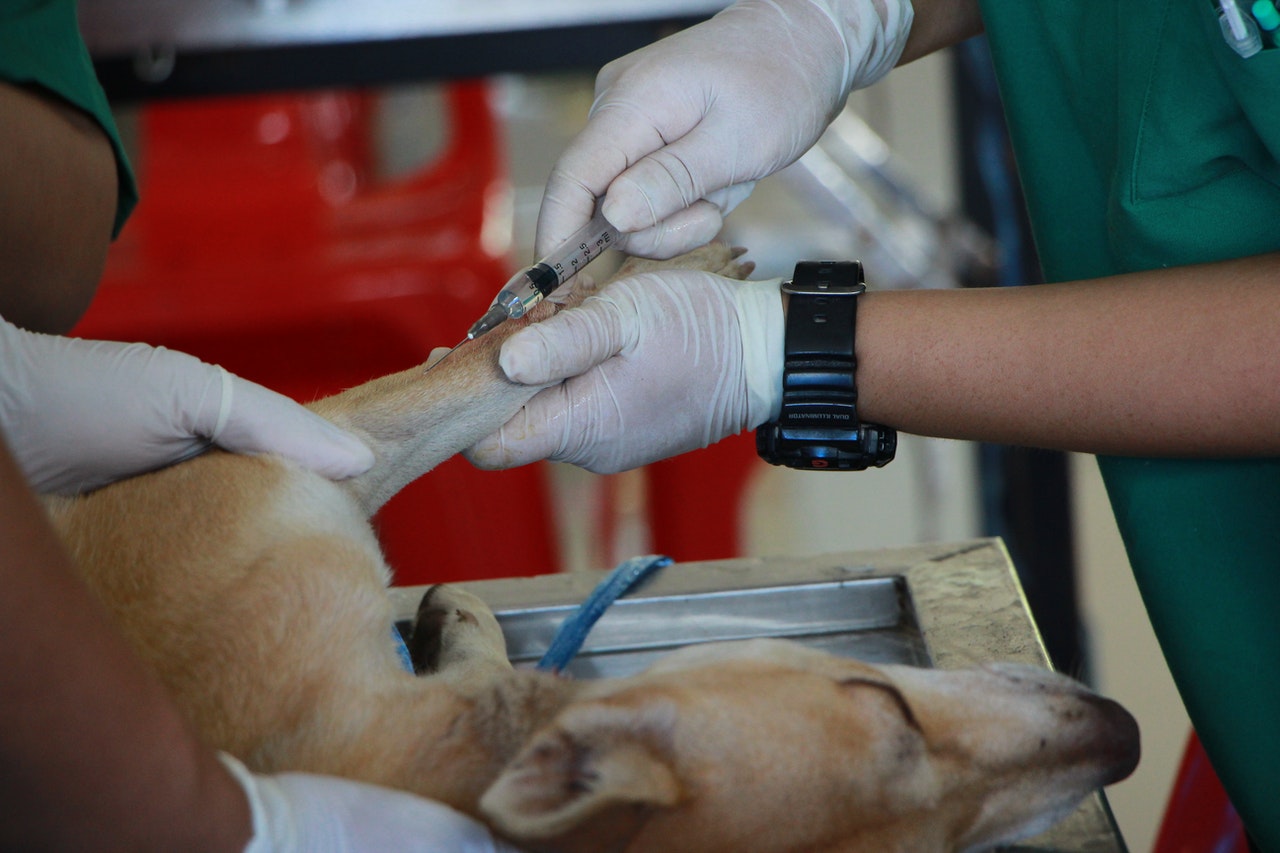
Preventing enteritis
As the saying goes, “An ounce of prevention is worth a pound of cure.” While you may not be able to prevent every cause of enteritis, ensuring your dog’s vaccinations are current, keeping all human foods and trash out of your dog’s reach, and using monthly flea and heartworm prevention medications all drastically reduce your dog’s risk of contracting enteritis.

